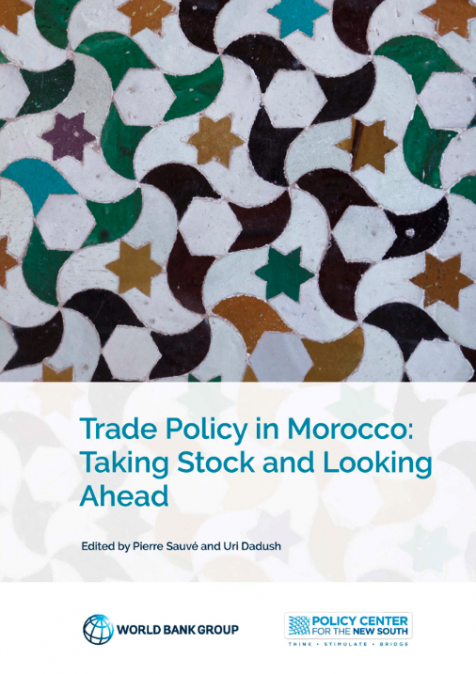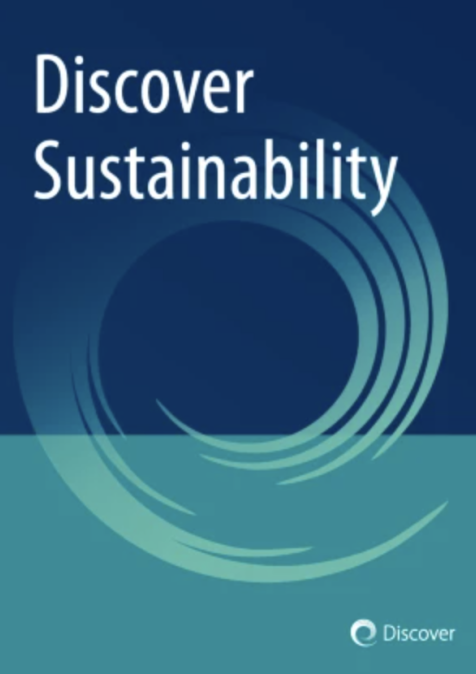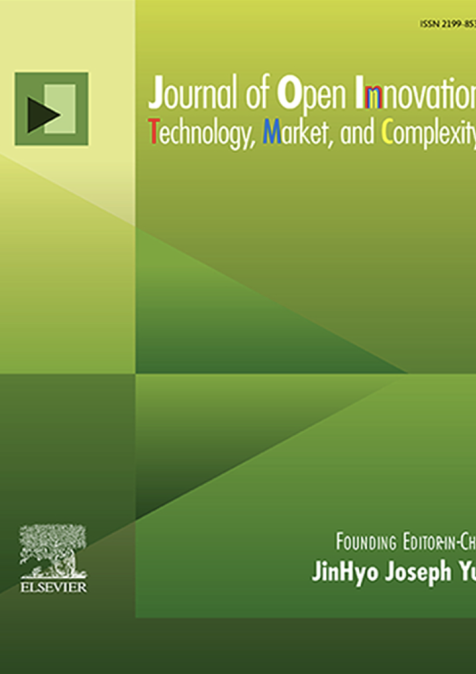Publications /
Book / Report
The broad thrust of Morocco’s trade and industrial policies over the last thirty years has been to anchor Morocco into world flows of goods, services, and cross-border investment. Despite the challenges posed by the COVID-19 pandemic, rising international prices, and a complex geopolitical environment, Moroccans continue to derive significant benefits from their economy’s openness. These include improved consumer choice and welfare, the growing insertion of Moroccan firms into cross-border production networks, and robust export and investment-attraction performance. Morocco has made important strides in reducing poverty and features consistently as one of the better-performing and more stable economies in its part of the world.
But, as underlined in its recent quest for a New Development Model, Morocco can do better. Moroccans want to see their living standards converge faster with those of their neighbors to the north. After the 2008-09 Global Financial Crisis, Morocco’s economy slowed sharply, and its fiscal and current account balances have become more precarious. The purpose of this volume, prepared jointly by analysts at the Policy Center for the New South and the World Bank—and responding to requests from the Moroccan authorities—is to explore how Morocco’s trade and industrial policies can better capture the opportunities offered by international markets.
The central message of the analyses in this volume is that Morocco can do much more to fully realize its trade potential. Strengthening the competitiveness of Morocco’s exporting and import-competing firms lies at the core of the efforts needed, requiring reforms and investments that go beyond the narrow realm of industrial and trade policies. Some of these reforms require time, such as improving the skills base of the Kingdom’s labor force. Other reforms can be implemented faster, such as improving the environment and incentives for private investment, and ensuring that the exchange rate remains competitive and adjusts more flexibly to domestic and external shocks.
Industrial, trade and investment policies play a crucial role. This volume emphasizes the importance of paying greater attention to the export potential of Morocco’s vibrant service sector, the growth of which is the main source of the Kingdom’s job creation. Morocco’s agricultural exports have also performed especially well in recent years, and there is much potential to diversify and grow agricultural exports to new destinations, while adopting greener energy sources and water-saving production methods.
As part of these efforts, new trade agreements are needed to deepen and broaden Morocco’s two-way ties with the European Union, its leading trade and investment partner. Large parts of the European market, beyond France and Spain, remain largely untapped by Moroccan exporters. Despite recent progress, particularly in services, Morocco’s penetration of African markets, which should be boosted by the entry into force of the African Continental Free Trade Agreement (AfCFTA), remains below potential. Asian nations now constitute the world’s largest and fastest growing trading region, and Morocco’s trade ties with leading players in the region is heavily one-way, importing much while exporting little. Though it may be too soon to envisage formal trade agreements with partners in the region, the time is ripe for greater export-promotion efforts by Moroccan agencies and the Kingdom’s largest private firms. In relation to this, efforts are needed to strengthen the institutional capacity and voice of Morocco’s trade-policy machinery.
Giving a greater voice to Moroccan exporters and strengthening the capacity of agencies involved in promoting trade will also reduce the risks of backsliding. Though no wholesale shifts in Morocco’s trade policy stance have materialized, specific policy measures have been adopted to restrict imports from nations outside Morocco’s extensive network of preferential trade agreements. These carry genuine risks. An inward-looking turn in Moroccan trade policy would run counter to the recently adopted New Development Model, and its emphasis on accelerating the pace of structural transformation by boosting the contestability of markets and addressing entrenched rent-seeking conduct.
Both are goals that policies engaging world markets can help address. As argued in this publication, Morocco is better served by continuing to pursue open trade policies, and by reinforcing its efforts to build a more competitive, inclusive and resilient economy.
Jesko Hentschel
Director for the Maghreb and Malta, World Bank
Karim El Aynaoui
Executive President, Policy Center for the New South









